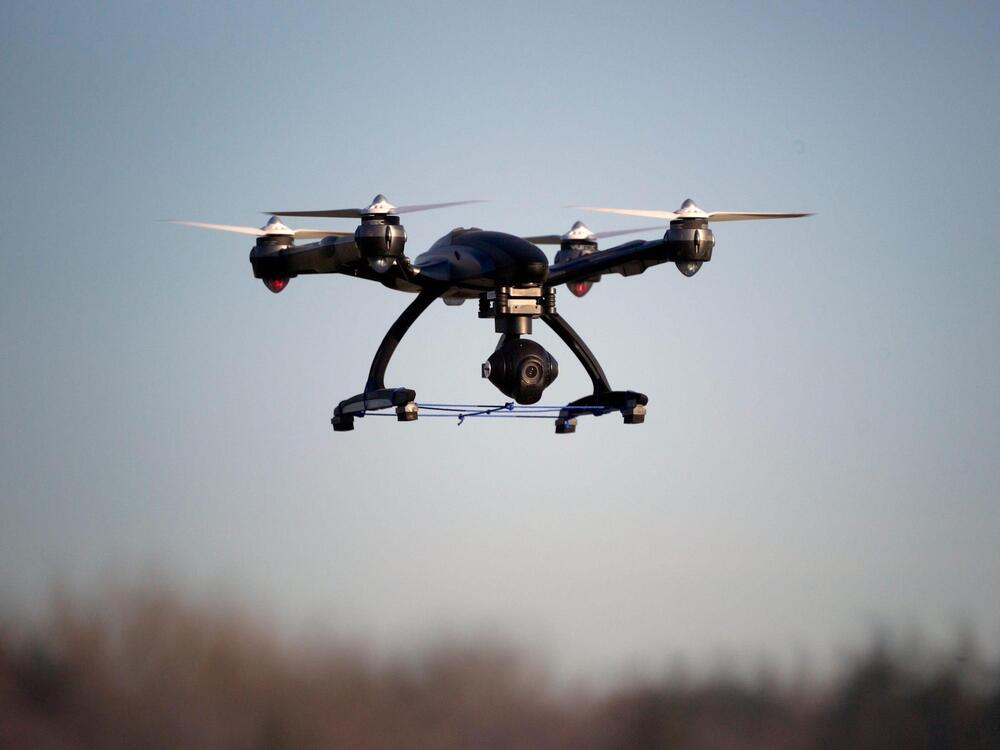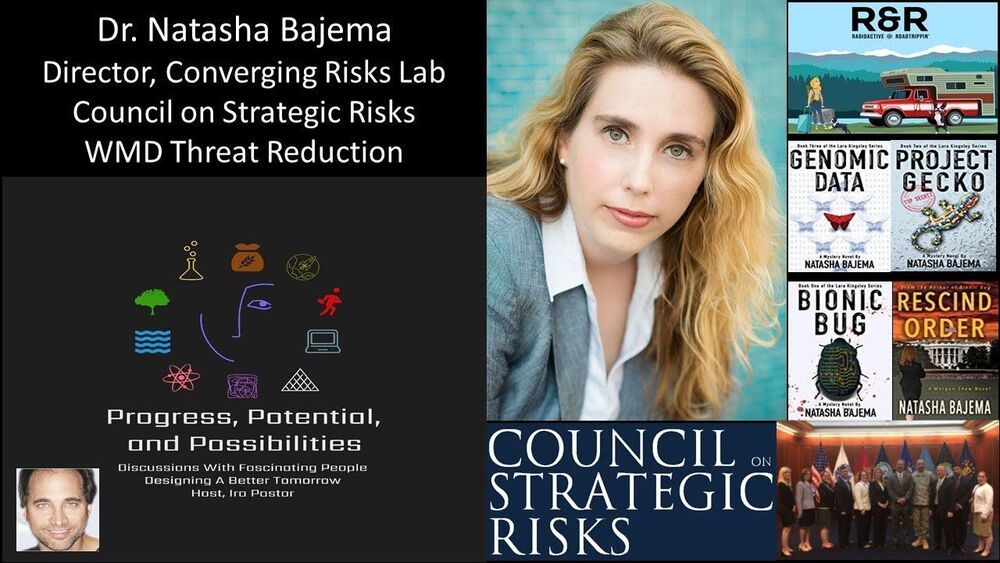Oct 9, 2021
AI Weekly: EU facial recognition ban highlights need for U.S. legislation
Posted by Gemechu Taye in categories: food, government, information science, law enforcement, privacy, robotics/AI, security, terrorism
This week, The European Parliament, the body responsible for adopting European Union (EU) legislation, passed a non-binding resolution calling for a ban on law enforcement use of facial recognition technology in public places. The resolution, which also proposes a moratorium on the deployment of predictive policing software, would restrict the use of remote biometric identification unless it’s to fight “serious” crime, such as kidnapping and terrorism.
The approach stands in contrast to that of U.S. agencies, which continue to embrace facial recognition even in light of studies showing the potential for ethnic, racial, and gender bias. A recent report from the U.S. Government Accountability Office found that 10 branches including the Departments of Agriculture, Commerce, Defense, and Homeland Security plan to expand their use of facial recognition between 2020 and 2023 as they implement as many as 17 different facial recognition systems.
Commercial face-analyzing systems have been critiqued by scholars and activists alike throughout the past decade, if not longer. The technology and techniques — everything from sepia-tinged film to low-contrast digital cameras — often favor lighter skin, encoding racial bias in algorithms. Indeed, independent benchmarks of vendors’ systems by the Gender Shades project and others have revealed that facial recognition technologies are susceptible to a range of prejudices exacerbated by misuse in the field. For example, a report from Georgetown Law’s Center on Privacy and Technology details how police feed facial recognition software flawed data, including composite sketches and pictures of celebrities who share physical features with suspects.

















